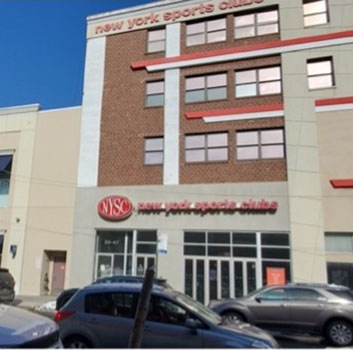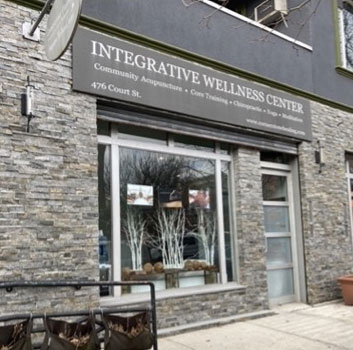
 Department of City Planning311
Department of City Planning311 Search all NYC.gov websites
Search all NYC.gov websites
Health and Fitness Text Amendment

Gyms, martial arts studios, licensed massage therapy, and many other health-related businesses have long required special permits from the Board of Standards and Appeals to open in most parts of New York City. The Department of City Planning is proposed new rules to ease these restrictions, cutting red tape for small businesses and providing valuable health amenities to all New York City communities. The proposal is known as the Health and Fitness Text Amendment.
Gyms and spas will be allowed to open and operate in commercial and manufacturing districts. Licensed massage therapy studios will be allowed in residential, commercial and manufacturing districts.
Why Are Changes Needed Now?
Removing the special permit requirements for gyms and health-related businesses will help the city recover from the COVID-19 pandemic. Many in this industry have seen reduced or halted memberships and temporary or permanent closures since early 2020, fueling job loss and layoffs. Removing burdensome regulations would allow the industry to recover more quickly.
Existing businesses will have more flexibility to restructure or change locations, and new businesses would more easily get a footing in New York City. In turn, commercial areas reeling from the pandemic could get a boost in activity, and health and fitness resources could come to more neighborhoods.
Removing the special permit requirements will also address outdated rules that unfairly burden legitimate businesses and limit neighborhood health and fitness services. The BSA process for obtaining a permit is extremely costly, often adding six months and up to $50,000 in additional startup costs to open a gym, creating a high barrier for small and independent businesses.
These and other burdens were created in the 1970s based on concerns about illegal commercial sex associated with certain health clubs and massage parlors. These regulations are not imposed on any other type of business by zoning in New York City and are out of step with ow we live today.
Evidence supporting a change in these rules has mounted in recent years. OneNYC and Small Business First both recommend a new regulatory framework for gyms, spas, and massage therapy to cut red tape for small businesses and ensure that neighborhoods across New York City have access to these local services. The Health and Fitness proposal supports the long-term goals of health equity and economic development laid out in these plans, while also addressing the short-term need to facilitate business recovery from the COVID-19 pandemic.
How Will the Rules Change?
The Health and Fitness Text Amendment eliminates the special permit that is currently required for gyms, spas, and licensed massage therapy – referred to as Physical Culture or Health Establishments in the Zoning Resolution.
The proposed changes could apply to a range of health and fitness businesses such as gyms, martial arts studios, indoor cycling spaces, yoga studios and licensed massage therapy studios.


Read the full text amendment in the City Planning Commission report.
Contact Us
For more information, please contact DCP staff via our zoning information inquiry form


